A job seeker’s guide to disclosing an injury at a job interview
A job seeker’s guide to disclosing an injury at a job interview
Job interviews can be stressful, and if you have an injury or health condition, working in how to discuss it during the interview can make it even more challenging. This is called disclosing an injury and here are some tips to help guide you through the process in a job interview.
Prepare before the interview
Get a good understanding of your injury before the interview, including how it might affect your work. This way, you can discuss it confidently and professionally. Be ready to share your skills and accomplishments too, including examples of how you’ve successfully performed similar roles or tasks in the past.
Highlight your skills and accomplishments
Try to keep it positive when discussing your injury. For example you could talk about what you’ve learned about yourself since experiencing the injury, as well as explaining how you’ve adapted the way you work.
Be clear and honest
Honesty is key. Clearly and directly explain your injury without minimizing or exaggerating it. Answer any questions the interviewer may have truthfully.
Discuss your requirements
If you need something specific to be able to do your job with your injury these are called workplace accommodations. Workplace accommodations are adjustments or modifications to the environment, conditions, policies, or procedures at your place of work that help you (any one else with disability or diverse needs) to be able to do day-to-day tasks.
Have a clear idea of what you might need and be ready to discuss them, knowing that under Australia’s Disability Discrimination Act 1992, workplaces must provide workplace adjustments if requested, with one exception: if the cost or difficulties of providing access will place an unjustifiable hardship on a person or organisation, although the government’s Employment Assistance Fund (EAF) provides funding for work related modifications and services including: the cost of modifications to the physical work environment. modifications to work vehicles. special equipment for the workplace.
Try not to over-explain
While it’s essential to be clear about your injury, avoid going into excessive detail. Stick to the most pertinent information and provide additional information only if the interviewer asks for it.
Ask questions after you discuss your injury
Asking if the employer has any concerns or questions about your injury allows you to talk about anything they’re unsure of or any challenges they might be concerned about.
Practice how to respond
Role-play conversations about your injury with someone you trust like a friend, family member, or your DES recruitment partner. This will help you say what you want to, clearly and confidently in the interview.
Follow up after the interview
You could send a thank you email to say you appreciate the opportunity. Use this as a chance to remind them that you’re interested in the job and in working for this specific company. End with a sentence about how you’re open to working together to overcome any challenges related to your injury, and your commitment to contributing to the company’s success.
Disclosing an injury at a job interview requires careful consideration and a thoughtful approach. With honesty, confidence, and a focus on your skills and qualifications, you can address the issue professionally and leave a positive impression on the interviewer. Remember that employers are looking for honest candidates with good communication skills and your openness about your injury are a great way to show that you have these qualities.
Register here to find out more about how we can provide dedicated job search support and jobseeker programs to help you reach your employment goals.
Post categories
- Employers (20)
- Job seeker tips (175)
- News (56)
- Real stories (144)
- Referral partners (1)







